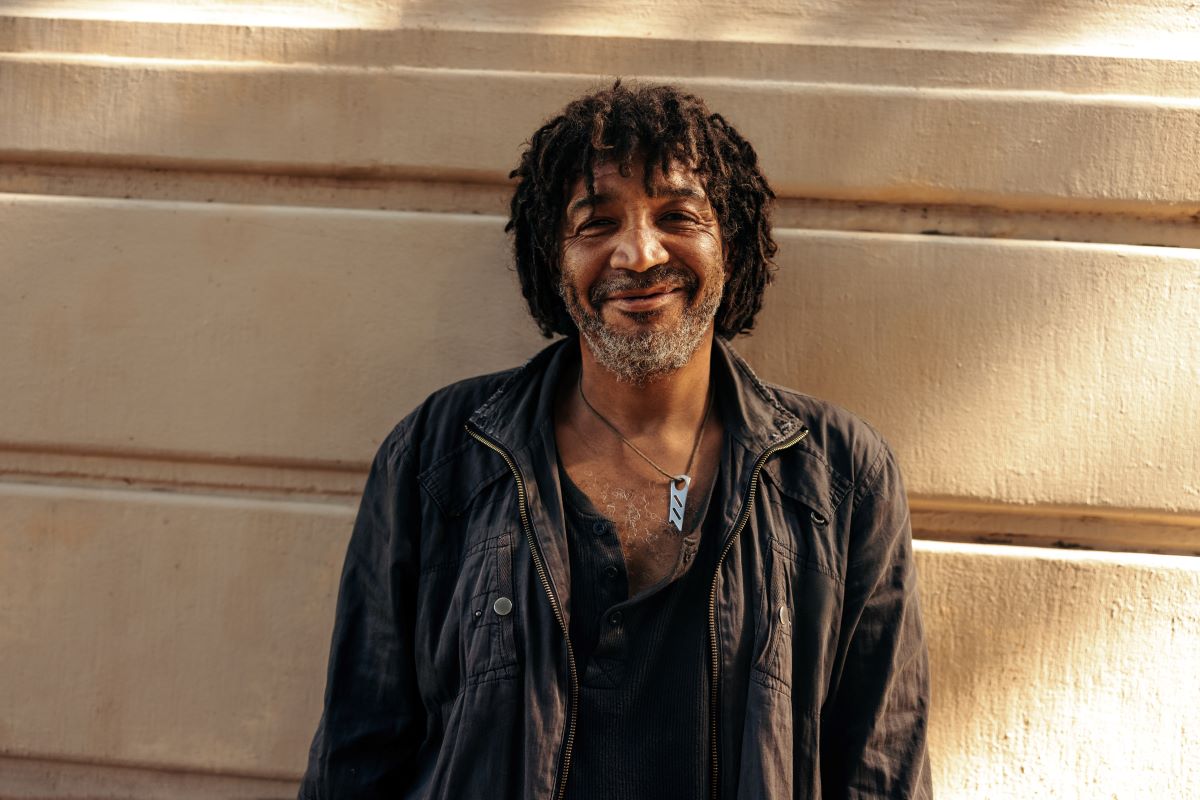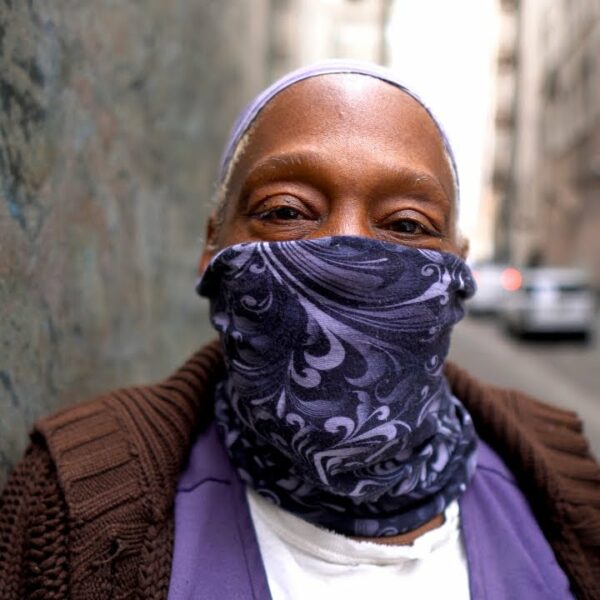I do believe in the power of compassionate journalism. You being here right now, dear reader, is the result of compassionate, point-of-view journalism that fights to make a change. But it’s more than that.
When it comes to reporting on homeless issues, I think mainstream journalism fails at representing homelessness accurately and defending and supporting the homeless community. I’m not an expert on journalism, but as a consumer of journalism, I’ve learned there isn’t much content on homelessness. Therefore, there is a lack of understanding, comprehension, and care regarding the issue of homelessness and homeless people.
We all rely on journalists to teach us about what is happening around us, the people around us, what they’re going through, and most importantly, how that affects you and me. How mainstream journalism portrays homelessness impacts how everyone interacts with homeless people and the issues they face.
If you type “homelessness” in your search engine and click on the News tab, you’ll soon notice the titles or leads (first sentence of a story) are often quite similar, and the stories are similar.
Homelessness is on the rise in several cities. This city, that town, is facing a homeless problem like never seen before. Although we may see some details shared by executives and policymakers, we rarely read the voices of homeless people – those most affected by these policies.
We often rely on other forms of multimedia, from various content creators or non-profits such as Invisible People, to deliver us news and information that covers better, more detailed stories about homelessness.
Through Invisible People, a support group for homeless and formerly homeless people, was born. Beyond that, a community that comes together to support and advocate for homeless people. A wealth of support, compassion, and knowledge comes from the space. That is the power of journalism when it is done well, correctly, and morally.
When it comes to compassionate, point-of-view journalism, homeless people benefit best from a kind of journalism that is accurate. Stories on journalism in mainstream media often lack accuracy. Journalists have let down this community.
I think back to a time when an intern interviewed me. We spent more than an hour on the phone discussing homelessness. She made it clear to me that, in all her research and interviews, she had learned more about homelessness in the time she spoke with me. She learned more on the Invisible People website than anywhere else. And, as glad as I am that she found us, it also scares me. Maybe it makes me really sad.
Journalists have a duty to educate and support their communities.
That statement isn’t up for debate. People trust journalists to deliver news and information they care about – that will help them make educated decisions and become informed citizens and voters.
Here is the issue, though. Many journalists prioritize the needs and interests of the majority. What does that mean? Does that mean that homeless people are neither an interest nor a priority for the communities they live in? (Which is, more or less, every community.)
The answer is… technically, they do care, just more about themselves. For example, in Portland, resident NIMBYS call homeless encampments an eyesore. What’s worse? Journalists cite not being able to criminalize homeless people as the main problem.
I want better journalism on the subject of homelessness.
That is why I write. I want that not only because I am formerly homeless myself but because I have homeless friends, too. This is a cause I care about, and it is close to my heart. I am no expert on journalism, but I’ve learned enough to know that fair journalism requires all to have a voice – and we do not give homeless and formerly homeless people a voice enough.
I challenge journalists and content creators to do the same. Let’s do better journalism. Let’s pass the mic to the homeless people in our communities and challenge our audience, our neighbors, to adjust their point of view on homelessness. Let’s give the public better information about homelessness. It starts with us. It starts with you. And me.
Help Us Make the Truth Louder
Invisible People is on the frontlines of the growing homelessness crisis, where evidence-based solutions take a backseat to political agendas. We’re the only newsroom dedicated to shedding light on homelessness and its related issues. As we kick off our Fall Pledge Drive, your support is crucial. We need your donation to amplify the truth and counter the narrative of criminalization, all while addressing the skyrocketing rents.
With homelessness reaching a crisis level, independent news is indispensable. Your tax-deductible contribution empowers us to pay our reporters, reach a wider audience, produce impactful videos and documentaries, and advocate for real solutions. Join us by supporting the truth about homelessness. Together, we can make a difference.
We are not a corporate newsroom; we depend entirely on our donors to continue our vital work. Your contribution today can make a real difference. Will you help us?












